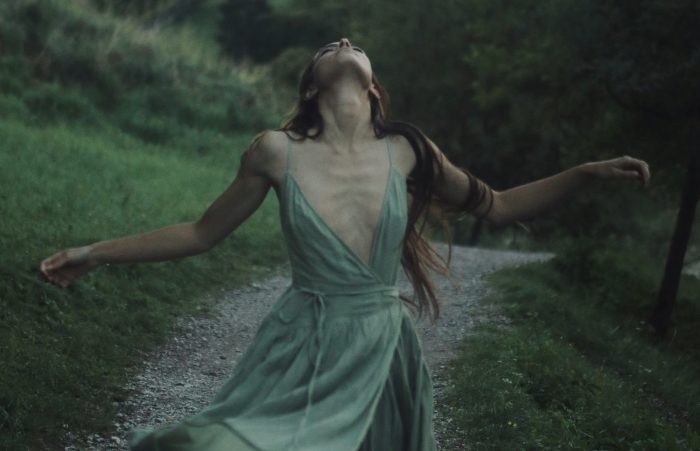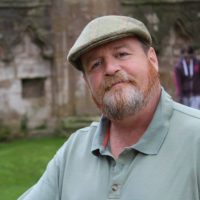During today’s service of morning prayer, one of us asked for prayers for her sister, whose retirement home is entering its third period of COVID-19-related lockdown.
Every resident will be confined, alone, to his or her apartment. During the holiday season, the joy of which is so often dependent on spending time with loved ones, this seems especially hard; and while my friend is aware of, and grateful for, her sister’s irrepressible good humor, she is still worried about the effect of all this isolation on her spirit.
Abba Moses (330–405 CE,) one of the Desert Fathers (those formidable ascetics who, knowing that Christianity becoming the official state religion of the Roman Empire couldn’t possibly end well, fled to the Egyptian wilderness to live as holy hermits), gave the following advice to one of his disciples:
Go sit in your cell, and your cell will teach you everything.
On its face, this is wonderful advice for a time of quarantine. Most of us can look forward to a lot of not going anywhere and not doing anything in the coming months, and it seems like an ideal setup for spiritual growth.
The problem is, it doesn’t work—not unless the student is committed to a whole lot of effort, commitment, concentration, and attention. Your cell may teach you everything, but it requires a lot of independent study to learn it.
Sometimes, a big jolt to our spiritual systems can jumpstart this learning process.
This has happened twice in my life.
The first time, as I was emerging from a black depression some 10 years ago, I noticed that my mind had become unusually still and receptive. For instance, one evening as I washed the dishes after supper, swirling the hot water around the underside of a pot lid, I noticed the water spilling alternately out of each side of the lid into my hands. It felt as though I were juggling two balls of warm water. And while this may not sound like the stuff of spiritual epiphany, it was the moment at which I realized I was, for the first time in months, fully present to my immediate experience, without interference from either recollections of the past, or anticipation of the future. I was just washing the dishes, and it was a revelation.
The second time was in the spring of 2019 when, having received an erroneous fatal diagnosis, and being constantly immersed in novel experience, sensation, information, and emotion in the rehab hospital where I was learning, among other things, how to walk again, I found myself spending long periods not thinking about much of anything at all—just experiencing the present moment, without judgment or commentary. I learned an awful lot about myself during that time. (Note: I still have a fatal diagnosis, but just a run-of-the-mill one, not the chamber-of-horrors one I was originally given. You can hear the full story here.)
In both of these cases, the happy byproduct of my heightened awareness was a sense of hope: in the first case, hope that I may be emerging from the stifling torpor of depression; in the second case—strange though it may sound—hope that I have been given the gift of a little time in which to prepare myself for good death. Everyone says they want to go quickly, but as a former hospice chaplain, I would much rather—barring extraordinary suffering—have time in which to meditate, pray, say goodbye, and make my peace with God and my fellow creatures. The sense of peace that hovers over every person who has prepared well for death is like nothing else in the world. I hope to have that when my time comes.
So I told my friend that it sounded as though her sister had honed her ability to sit in her cell and let it teach her—to profit spiritually from a time of enforced isolation. I hope it continues to be true for her, and for all of us, because that kind of concentration and attention is exhausting. It takes an incredible amount of work to do nothing. But if we manage to do it mindfully, the reward is hope—the ideal state of mind for this time of waiting for the arrival of Christ in the world which the church calls Advent.
Almost immediately after closing the Zoom window at the end of morning prayer, I read the following post on Facebook by one of my favorite writers, the memoirist and poet Mary Karr:
“Whether yr Christian or not, you may find solace from Advent’s call: not just to wait, but to wait with hope. Despair is cheap & easy for me lately. It skirts the edge of every room w/ its slithering rat’s tail. Hope is a radical act, and it takes big brass ones.”
That is my wish for everyone this Christmas, Hanukkah, and Yule: that we move through the darkness and into the light, with renewed and radical hope, and the assured knowledge of everything the silence has to teach us.









Read 0 comments and reply